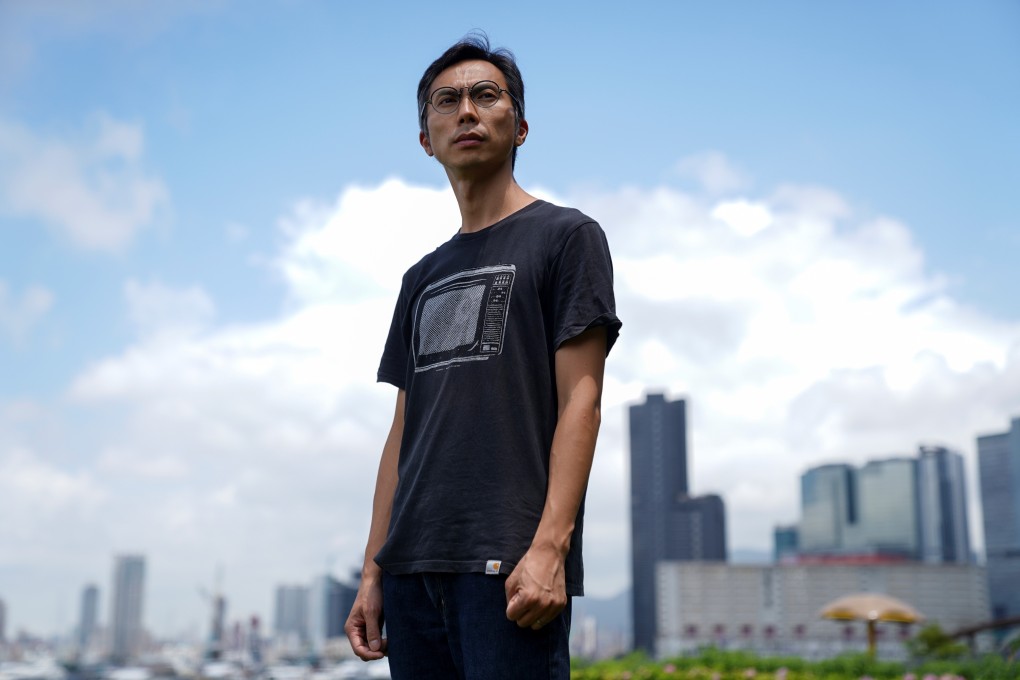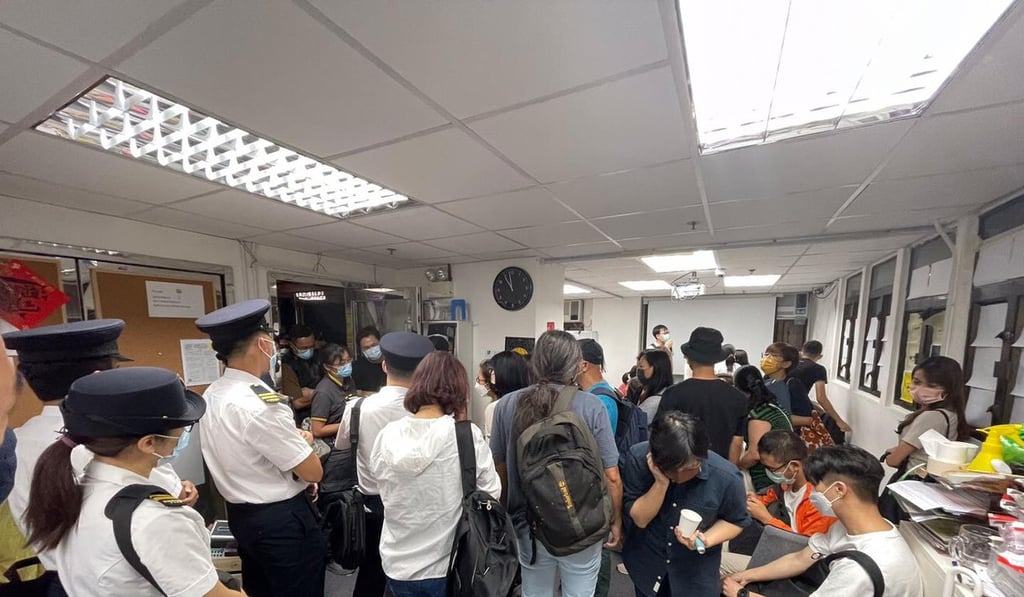Advertisement
Hong Kong director accused of flouting Covid-19 rules over screening to take case to court instead of paying fine
- Kiwi Chow says undercover raid on film screening – meant to be a private event – is ‘ridiculous and ugly’ and will not pay the HK$5,000 fine
- He and 46 others were prosecuted by police and undercover health inspectors, who deemed gathering a public activity that violated Covid-19 measures
Reading Time:3 minutes
Why you can trust SCMP
12

An award-winning Hong Kong director accused of flouting social-distancing rules over a film screening last week has decided to take his case to court instead of paying a HK$5,000 (US$642) fine, calling the undercover raid on the event “ridiculous and ugly”.
Kiwi Chow Kwun-wai revealed his decision on Monday, four days after what he claimed was a private showcase held at opposition district councillor Chu Kong-wai’s office.
The pair and 45 other attendees were prosecuted by police and undercover health inspectors, who deemed the gathering a public activity that had violated the city’s Covid-19 control measures.
Advertisement
Referring to the Friday raid, Chow said he had been invited to Chu’s office to talk about his film Beyond the Dream after it was screened. It was during the sharing session that two of the attendees revealed they were actually undercover health inspectors, accusing participants of attending a “public event”.

Advertisement
Chow said on a radio programme that if the purpose of the operation was to ban public gatherings under Covid-19 precautions, authorities should have halted the event instead of revealing themselves only after he commenced the sharing session.
Advertisement
Select Voice
Choose your listening speed
Get through articles 2x faster
1.25x
250 WPM
Slow
Average
Fast
1.25x